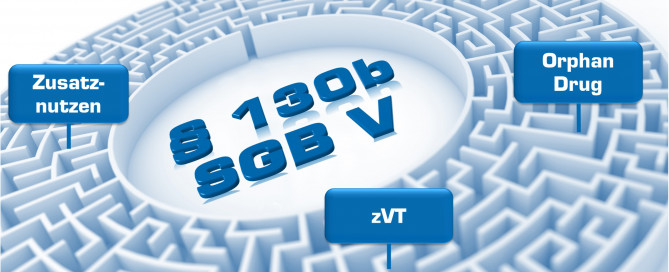Unser Leitfaden zu den AMNOG-Leitplanken ist ab jetzt online!
Mit dem GKV-Finanzstabilisierungsgesetz wurden die Rahmenbedingungen für Preisverhandlungen von Arzneimitteln in Deutschland durch den Gesetzgeber komplexer und systematisch zu Ungunsten der pharmazeutischen Industrie verschärft (AMNOG Leitplanken). Neben dem Ausmaß des Zusatznutzens haben die Preise, der Patentschutz und frühere Nutzenbewertungen der Vergleichstherapien einen hohen Einfluss auf die Verhandlungen zum Erstattungsbetrag. Testen Sie unseren neuen Leitfaden,


